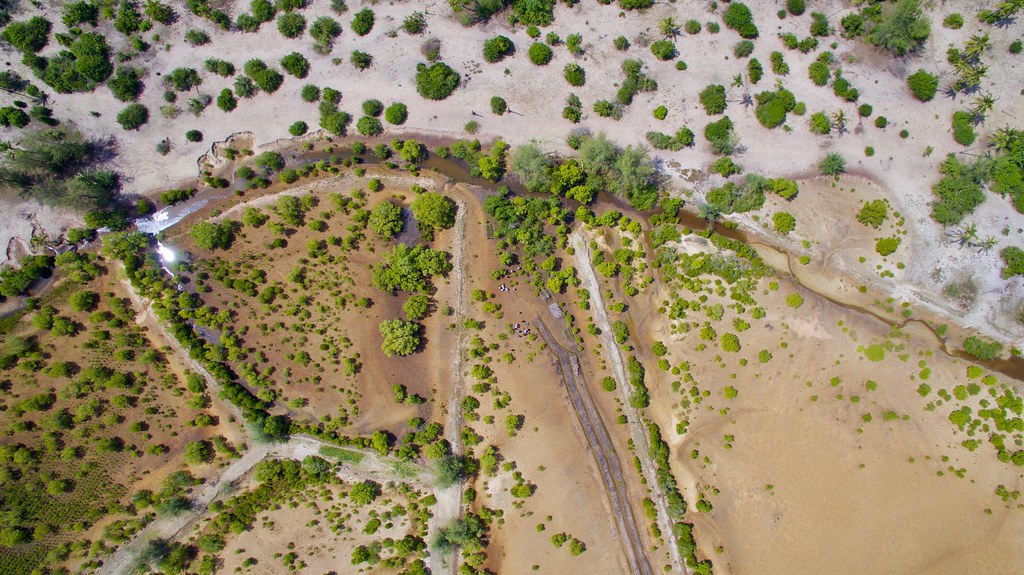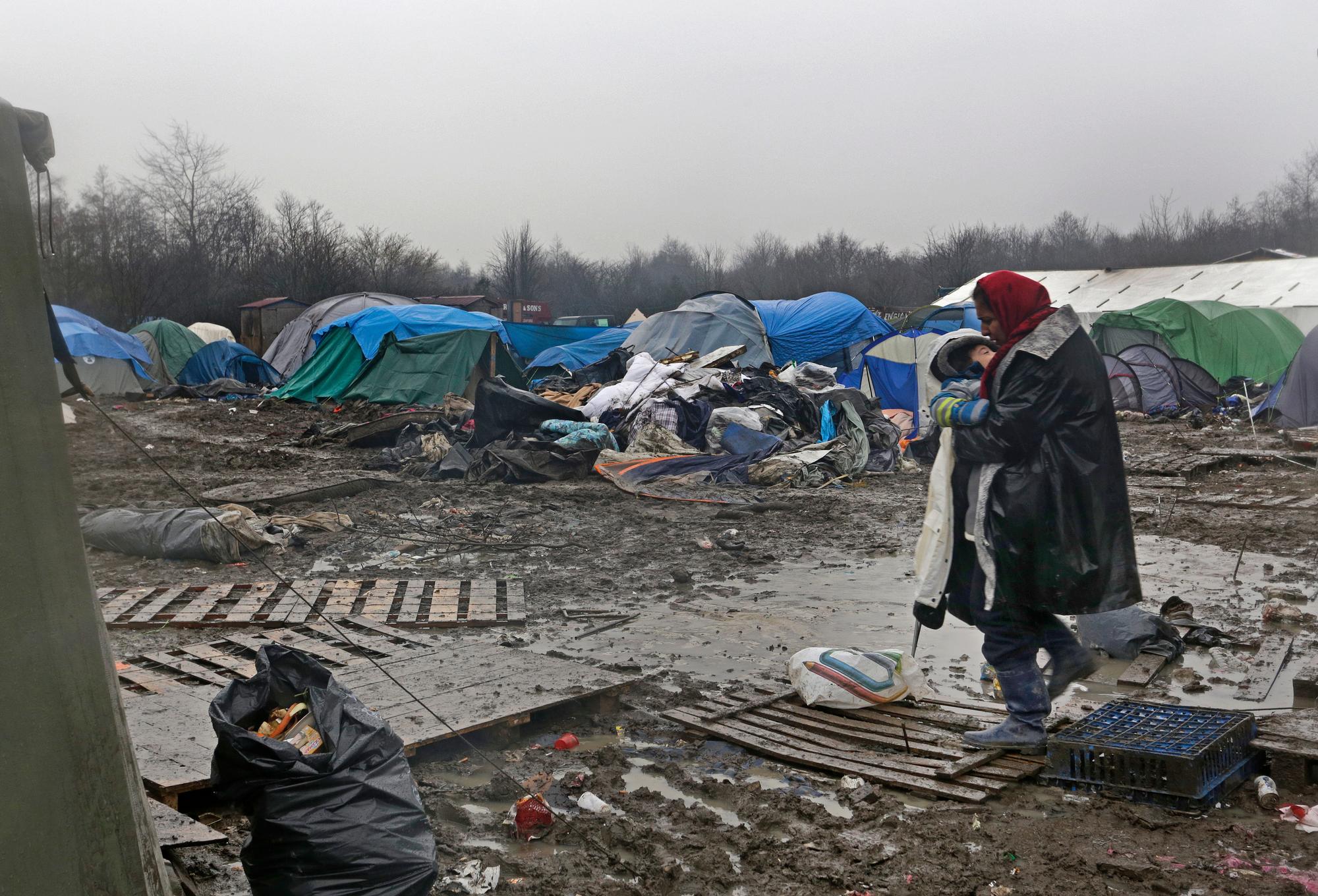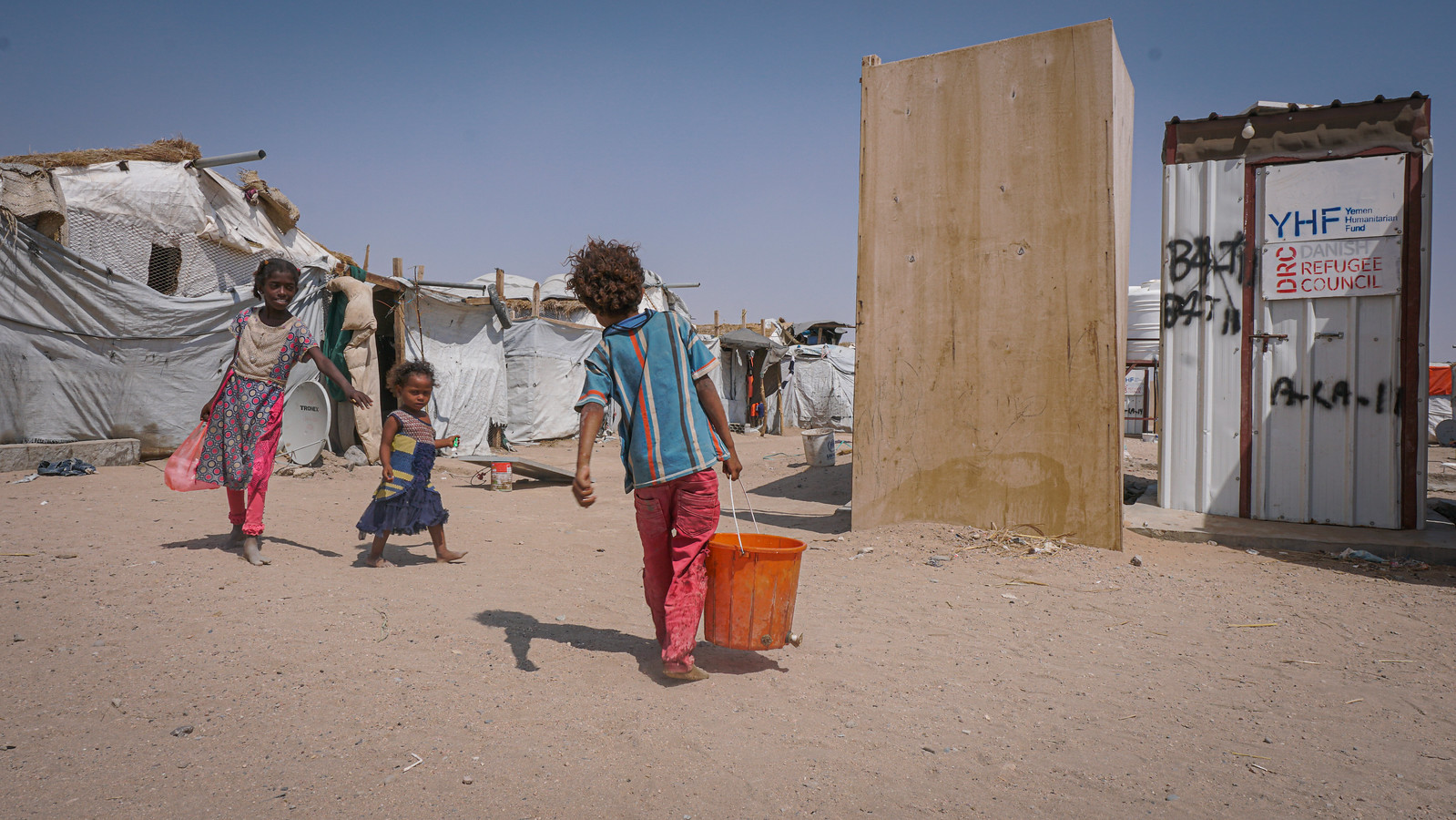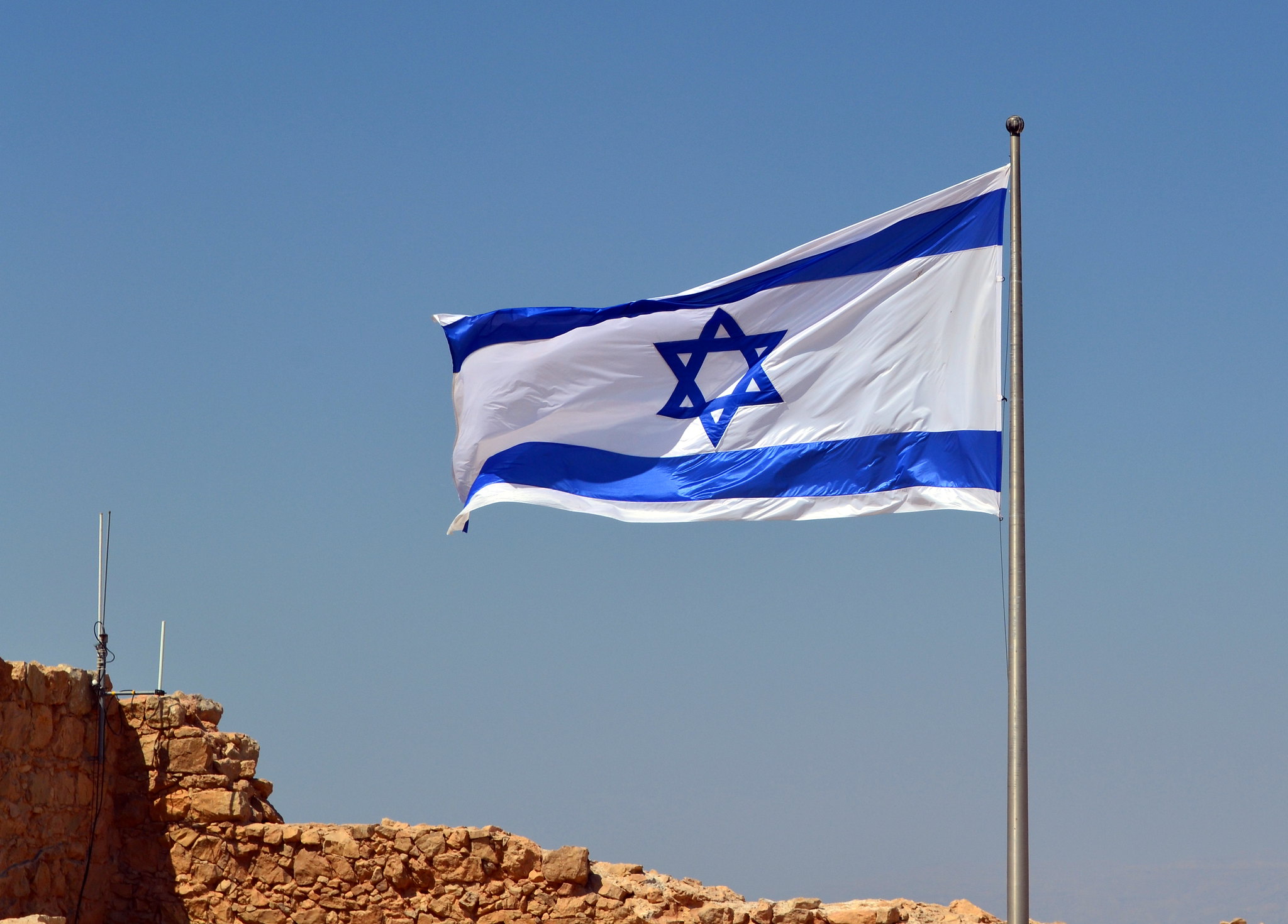Freya Thompson explores why feminist foreign policy doesn’t have all the answers to the humanitarian crisis in Israel and Palestine.
What is Feminist Foreign Policy?
Over the past decade, there has been a small but growing trend of countries adopting a ‘feminist foreign policy’ (FFP). Piloted in Sweden in 2014, several other countries have since committed to one. Although there is no universal FFP, there are common themes. This includes mainstreaming gender in foreign policy, diverting aid to women’s rights organisations and upholding the sexual and reproductive health and rights (SRHR) of women and girls.
Upholding SRHR is imperative to gender equality. According to the Guttmacher Institute, “achieving sexual and reproductive health relies on realising sexual and reproductive rights, which are based on the human rights of all individuals”. In this lens, such human rights must be respected by international governments and organisations who play a role in humanitarian assistance. What is fundamentally clear is that FFP cannot be achieved without a dedicated focus on SRHR. However, does having a FFP guarantee this provision overseas? Recent events in Gaza and Israel appear to demonstrate otherwise.
How are women affected in wartime?
It is well documented that women are disproportionately affected in times of conflict and war in several ways, in part because of their gender and in part due to their identification as a group in society as ‘female’. Whilst men and boys are at a greater risk of death or injury during conflict, women and girls suffer indirectly in larger numbers. Mass wartime sexual violence has been documented in virtually all humanitarian crises, including but nowhere near limited to the Armenian, Bangladesh, Bosnian and Rwandan Genocides, and more recently in the Tigray War and Russian invasion of Ukraine.
If women do not experience this form of violence, they face exacerbated gender-based health inequalities. For pregnant women, conflict destroys their access to health services, providers may be targeted by militants, and they are at an increased risk of adverse birth and mental health outcomes associated with stress related to conflict. The loss of SRH services increases the risk that women die from complications during pregnancy and childbirth. Women face high burdens of malnutrition during conflict, affecting the physical health of themselves and their unborn child if they are pregnant. For victims of sexual violence, access to emergency contraception and abortion services are heavily restricted due to supply chain disruption, destruction of health facilities and stigma. And for millions of women, access to dignified menstrual and personal hygiene care becomes routinely unavailable, as health centres are decimated, women’s shelters overwhelmed, and supply chains disrupted, compounded by the lack of clean water supply.
The situation in Gaza and Israel
The humanitarian crisis unfolding in Gaza demonstrates the limitations of feminist foreign policy. It is estimated that half of the 1.1 million women and girls living in Gaza are now internally displaced. Of these, nearly 50,000 are currently estimated to be pregnant, with 5,522 expected to give birth in the next month. In this context, they face an increased risk of miscarriage or serious health complications due to extreme fear. There is a heightened risk of sexual and labour exploitation and human trafficking, and elderly women are particularly at risk of negligence and violence. Despite this, countries with a feminist foreign policy haven’t responded to this hidden crisis.
This is not new: Palestinian women’s access to quality health services has long been hampered by Israeli policies, due to restrictions on movement of medical personnel and supplies, damages to health-care infrastructure; and restrictions preventing construction of facilities. Worryingly, access to SRH services essential for preventing maternal mortality is severely restricted: during the 2021 conflict, almost 98% of women reported no safe access to reproductive health facilities. On 9 October 2023, the Israeli Government imposed a blockade on Gaza, and although humanitarian aid has now been permitted to enter via the Rafah border, before the crisis around 500 trucks crossed the border daily and the current flow of aid remains wholly inadequate.
Sweden, Canada, France, Luxembourg, Mexico, Spain, Germany and Chile have all committed to promoting SRHR in their FFP. Despite this, not one European country has met its target of 10% of ODA allocated to SRHR; only seven have committed at least 3% (including Sweden and Luxembourg). Clearly, formulating a FFP does not guarantee funding nor advocacy for women and girls’ SRHR in settings such as this.
Another concern is the treatment of Israeli hostages taken by Hamas during their attack on 7 October. Hamas is estimated to have kidnapped 222 Israelis, many of whom are women. A significant proportion are also elderly women, who have specific health needs and are susceptible to greater injury in this context. Whilst much of the international community has emphasised the need for hostages to be released, not all are committed to calling for a ceasefire nor an exchange of prisoners.
On 23 October, the leaders of France, Canada, Germany, Italy, the USA and the UK reaffirmed their commitment to the Israeli Government’s right to self-defence, with no reference to a ceasefire. Instead, Qatar is taking the lead position of negotiating for the release of female and children hostages in return for Palestinian prisoners. And despite calls from Spain for a ceasefire, whispers from the EU of a ‘humanitarian pause’, and a policy of non-interference from Mexico, there remains no commitment to the safeguard of women and girls, let alone reference to their heightened risk of violence, destitution and illness.
Over 7,000 Palestinians have been killed by Israeli airstrikes, including 2,913 children and 1,709 women; ‘in Israel more than 1,400 have been killed in attacks by Hamas militants. This is an avoidable consequence of the failure to call a ceasefire and lays bare the limits of FFP to prioritise those who are particularly vulnerable in the context of an escalated hostage situation and retaliatory aerial bombardment
FFP could learn from women’s peace activists in Palestine and Israel
Continued violence serves to harm women’s rights groups who have been fighting for peace in Israel and Palestine for over 30 years, and FFP advocates should learn from their work. These include the Jerusalem Link, created by the Palestinian ‘Jerusalem Centre for Women’ and the Israeli ‘Daughter of Peace’ organisations following the Oslo peace process in 1993, as well as Women in Black, who marched against the Occupation of Palestinian land in 2001 in a movement that rippled across Europe, North America and South America. And more recently, Women Wage Peace and Women of the Sun joined forces to express their call for peace – they marched in Jerusalem, just days before Hamas’s attack ,to demand an end to violence between the two states.
But the space to do so is shrinking. In October 2021, the Union of Palestinian Women’s Committees (UPWC) was one of the six organisations labelled as “terrorist” by the Israeli Government. Whilst these women have consistently led the promotion of peace between states, they now face highly concerning gender-related risk. The international community has rightly grieved with and for Palestinian and Israeli families who are experiencing the devastating consequences of war. But it must do more to ensure the rights and health of those affected by such conflict remain respected, promoted and upheld – a stand that should not be controversial to take.
The views expressed in this post are those of the author and do not reflect those of the International Development LSE blog or the London School of Economics and Political Science.
Image credit: People’s Dispatch






Thank you for sharing to the world. I am happy to see our paper has been used as a reference. I believe our paper has no strong words or phrases to describe the war-related violations experienced by Tigrayan women and girls. Still, the post-rape sufferings are there. Survivors are left without humanitarian aid or economic support, and no perpetrator is brought to justice yet. They need physical and psychological support and justice from the nation and the international community. Violence is continuing. When should the world stop such acts of violence?